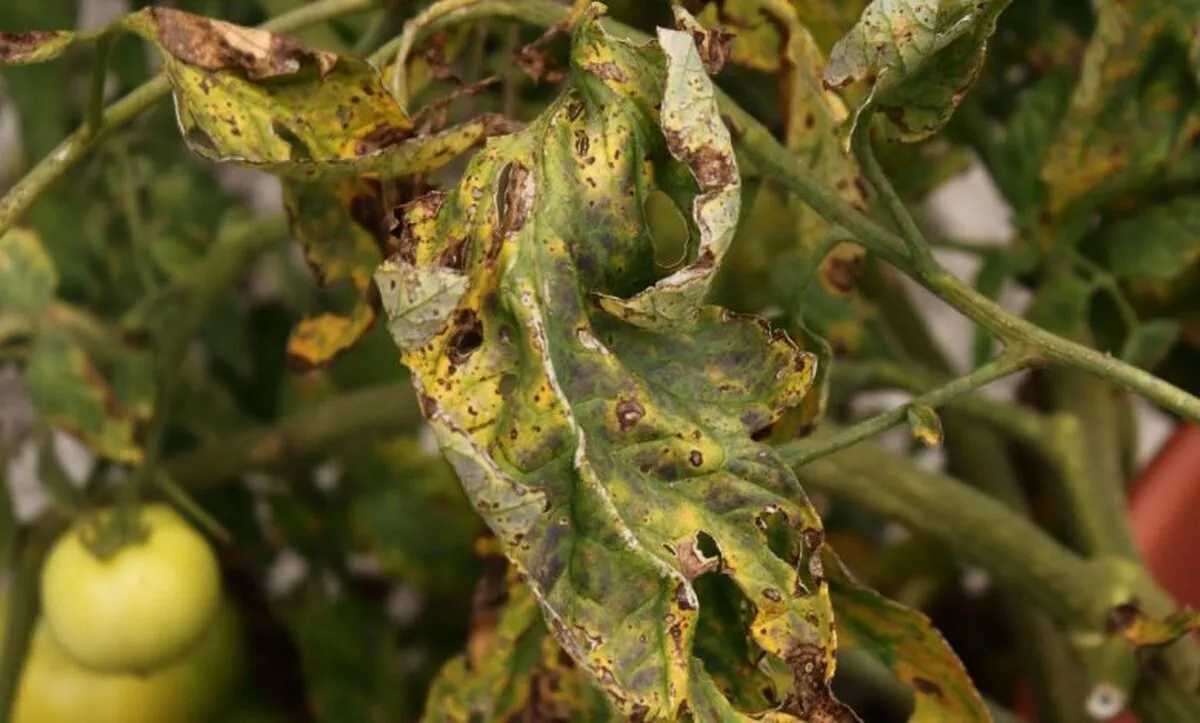Iranian Student Carries Out Nematology Experiment on Tomato

Saeed Imani, a PhD student in Plant Pathology major in Plant Nematology field of the Islamic Azad University’s Marvdasht branch, successfully completed his PhD thesis entitled ‘optimum substrate and carrier for the fungus purpureocillium lilacinum and three isolates of the fungus pochonia chlamydosporia and its effect on the nematode meloidogyne javanica on the tomato plant’.
“Meloidogyne javanica root knot nematode causes great damage to tomatoes. Soil nematode management with chemical poisons is often difficult and expensive and causes the destruction of beneficial soil microorganisms, so it should be replaced with a safe method of biological control, and the fungus purpureocillium lilacinum and pochonia chlamydosporia are important biological control agents against root knot and cyst nematodes,” Imani told ANA.
He added that the main goal behind the research was to determine the suitable substrate and carrier of these fungi and its effect on the nematode and isolate IRAN 3022 C purpureocillium on millet seed beds, noting that corn, alfalfa and clover were grown in laboratory conditions and their germination was evaluated in three periods of 10, 20 and 30 days.
“Also, IRAN 1212 C, IRAN 1119 C, and IRAN 457 C isolates of pochonia chlamydosporia were cultivated on the substrates of bark, rice, and flax seeds, and their germination was evaluated in three periods of 6, 7, and 8 weeks after cultivation,” Imani said.
“Among the three pochonia mushroom isolates, IRAN 1212 C produced more spores than the other two isolates in all weeks, and the spores produced on the flaxseed substrate for all isolates were almost twice as many as those on the rice husk substrate. It is also possible to use purpureocillium lilacinum fungus in corn cob wood powder carrier and pochonia chlamydosporia isolate 1212C in said carrier to produce a useful and effective commercial product in the management of root knot nematodes,” he added.
Nematology is the scientific discipline concerned with the study of nematodes, or roundworms.
4155/v





















